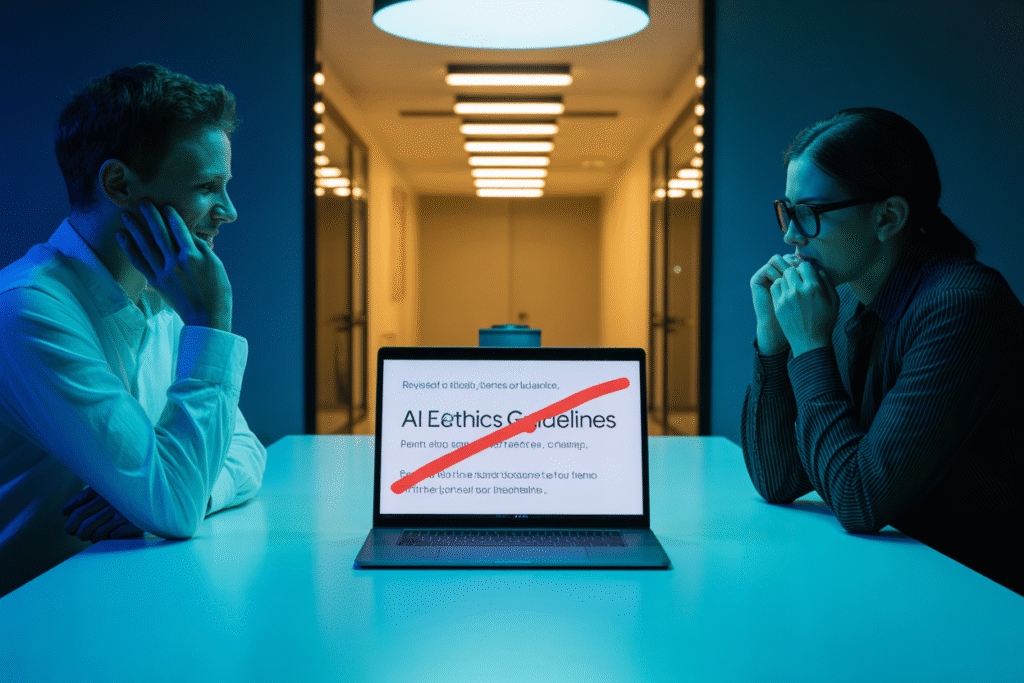A leaked whistleblower report claims Israeli military intelligence is pumping millions of Palestinian calls into Microsoft Azure—turning Big Tech into a silent partner in mass surveillance.
What if the cloud you use to store family photos and work spreadsheets was quietly holding millions of hours of intercepted phone calls? A stunning leak suggests that Israel’s Unit 8200, one of the world’s most secretive cyber outfits, has been funneling Palestinian conversations into Microsoft’s Azure data centers for years. The story broke just hours ago and is already setting off alarm bells about AI ethics, state surveillance, and the hidden cost of every “innovation” we applaud.
From Gaza’s Airwaves to Azure’s Silicon
The Guardian’s bombshell report cites two whistleblowers inside Unit 8200 who claim the operation started in 2022. Each hour, up to a million calls are lifted from networks in Gaza and the West Bank, transcribed by AI-driven speech recognition, and filed away as “military intelligence.” The raw audio reportedly lands first on servers in EU countries—where privacy laws are stricter—before being copied into Azure’s global cloud backbone.
Think about that the next time your Teams call mentions GDPR compliance. The same cloud platform hosting European legal firms is allegedly storing 200 million hours of Palestinian voices, tagged for easy retrieval by algorithms trained to detect keywords like “protest” or “rocket.”
Why target Microsoft? Azure’s enterprise grade tools make it ideal for sifting oceans of data fast. Sources say Unit 8200 feeds the recordings into proprietary models able to isolate accents, flag dissent, or link a phone number to a drone strike. When cloud scalability meets endless conflict, privacy dies a quiet death.
The Moral Maze Silicon Valley Keeps Ignoring
Tech ethicists have warned for years: when AI is trained on data harvested without consent, the consequences ripple far beyond code. If your vocal fingerprint sits inside a classified database, nothing stops a future police program from cross-referencing it—not with a warrant, but with a shell company chartered in Delaware.
Microsoft’s response so far? A carefully worded statement that states provide “defensive services in accordance with US law,” without confirming or denying direct collaboration with Unit 8200. It’s the same language used when journalists uncovered similar contracts for U.S. Immigration and Customs Enforcement.
Meanwhile, critics draw a simple line on a whiteboard: profit vs. privacy. Every terabyte stored earns Azure a fee. Every flagged voice might shorten a human life. Who holds the moral high ground—engineers optimizing latency or soldiers chasing threats?
Some activists argue a global boycott is overdue; others fear isolating Israel’s tech sector would embolden adversaries already investing in darker AI fronts. In the end, silence from Redmond is deafening.
Quick reality check: If a European company were caught storing American conversations for a foreign military, congressional hearings would headline the evening news. Yet this story earned a brief ripple on social media before trending Pokémon memes reclaimed the feed.
What Happens When Your Voice Is the Password
It’s tempting to shrug—“I’m not Palestinian, so I’m safe.” But surveillance creep rarely stays in one geography. The same NLP models tuned for Arabic dialects can pivot to Mandarin, Spanish, or your hometown slang with a few months of reinforcement learning. Once governments normalize warrant-proof cloud archives, citizens everywhere become data batteries powering the next frontier of control.
Some marketers already pitch voice ID as convenient 2FA. Imagine phoning your bank and realizing the voice biometric matching your account was trained on snippets lifted from misconfigured hospital recordings. The irony? The safer we feel, the wider the back door we’re installing.
How do we push back?
– Demand transparency reports from cloud vendors that list military and state contracts by country.
– Support legislation requiring opt-in consent before audio data crosses borders.
– Pressure your pension fund to divest from Big Tech that sells services to known surveillance programs.
Finally, share this story. The fastest way to dismantle mass surveillance is to drag it into daylight where voters, shareholders, and consumers can weigh every byte against every right. Because in 2025 your voice might be the password—and someone else’s war room the keeper of the keys.


